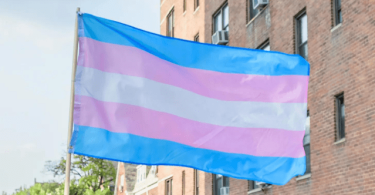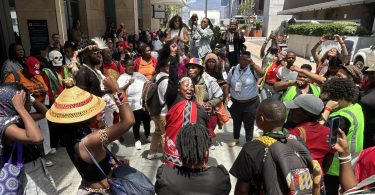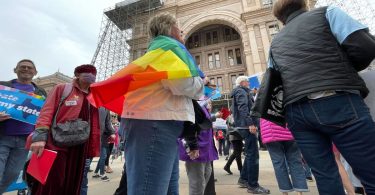The world’s eyes have been focused on Chechnya in recent weeks following reports of the persecution of gay men.
However, it is far from the only country where LGBTI people face horrific treatment.
Ecuadorian photo artist Paulo Paredes came to attention in 2014 when she revealed a photo project based on her own coming out to her family.
She sat her Catholic parents and two sisters down at the family dining table, set cameras to take a photo every five seconds, and then told them that she is a lesbian.
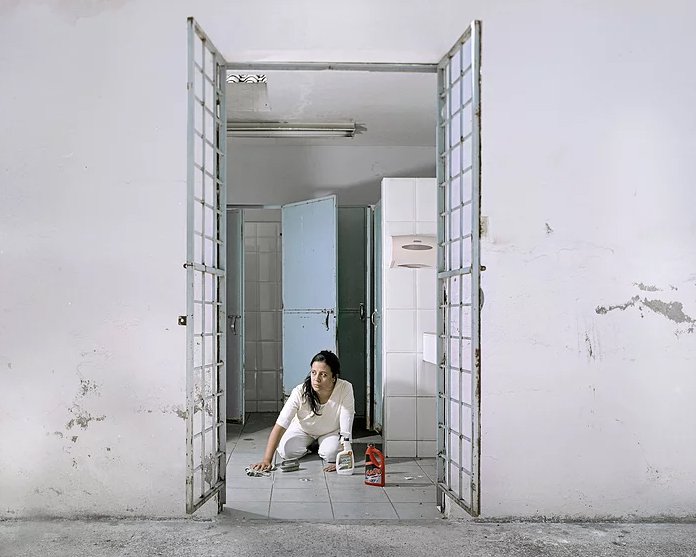
The ensuing collection of photos of their three-hour conversation was called Unveiled and caught the family going through a range of emotions.
‘Emotional and physical torture’
For her latest project, entitled Until You Change, Paredes returns to the theme of sexuality and societal attitudes towards gay people.
This time, she spoke to other gay women who have been held in so-called gay conversion camps.
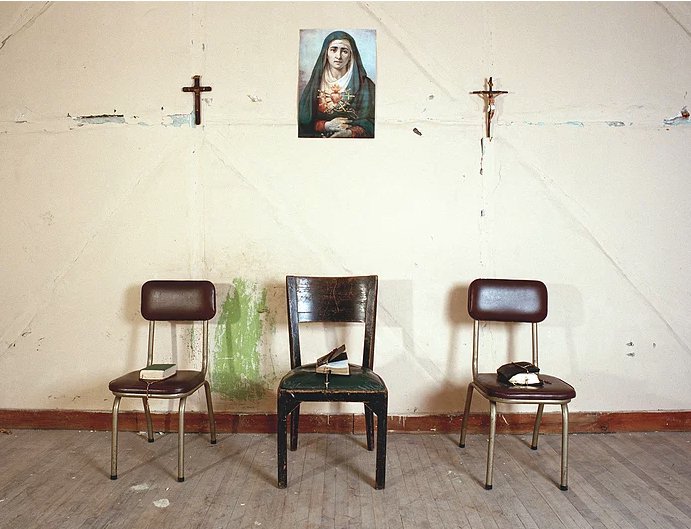
‘In Ecuador approximately 200 facilities exist to “cure” homosexual men, women and transsexuals,’ she says in a statement about the project.
‘Unfortunately, the majority of these centers remain open because they are disguised as Treatment facilities for alcoholics and drug addicts.
‘Imprisoned against their will, those interned are subject to emotional and physical torture, through force-feeding, beatings and corrective rape.’
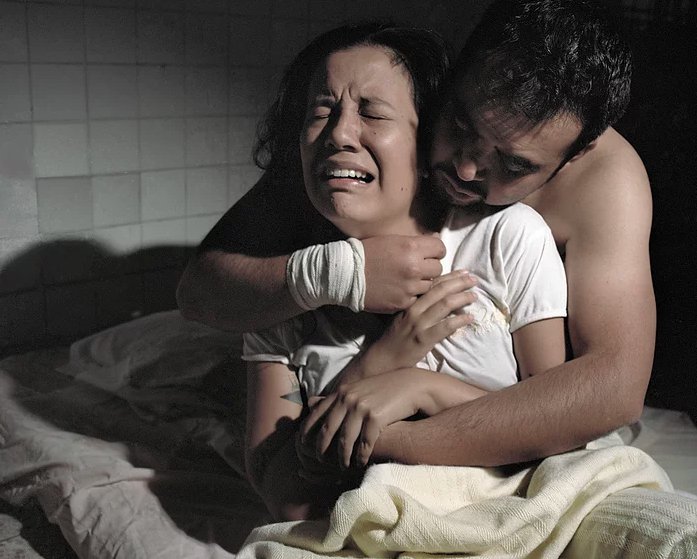
At other times, gay women are forced to wear skirts, high heels and apply make-up – all in an attempt to make them behave in a more feminine fashion.
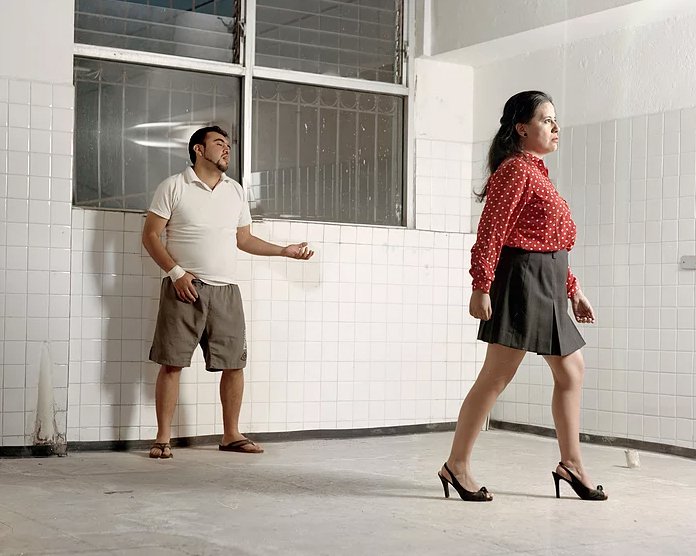
Paredes interviewed people who had been in such clinics and got first-hand accounts of the reality. As the facilities prohibit cameras inside, she decided to illustrate their stories by recreating the things they told her in a similar environment.
To protect the identity of her sources, she used actors and models.
‘If my family had not been accepting when I came out to them, I may have joined the young men and women whose families have them sent to these institutions.
‘Influenced by this notion, I chose to cast myself as the protagonist of these images. I incorporated my own emotions and experiences with theatrical methods to explore the abuse of women in these institutions, staging a series of images based on the testimony of the women who I interviewed.
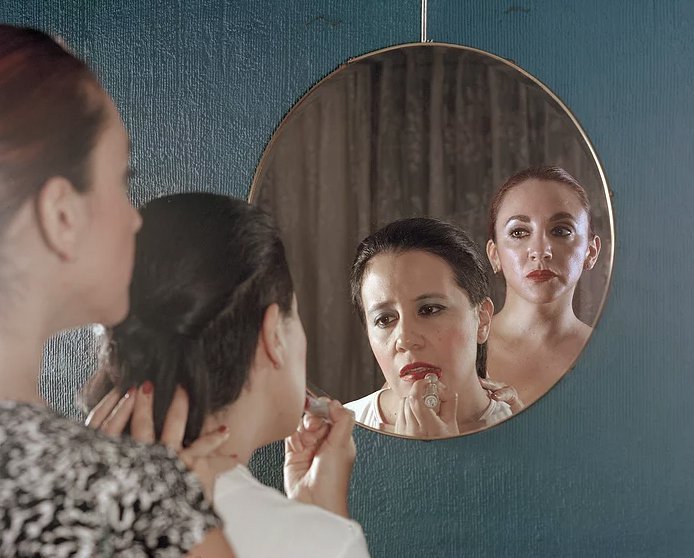
‘These images allow us to see what was never meant to be seen. The perversion of pills and prayer books; the regime of forced femininity in make-up, short skirts and high heels; torture by rope or rubber gloves; the specter of “corrective” rape.’
‘Shackled in handcuffs’
Same-sex sexual activity has only been legal in Ecuador since 1997. Although there are employment anti-discrimination protections in place, there is a constitutional ban on same-sex marriage.
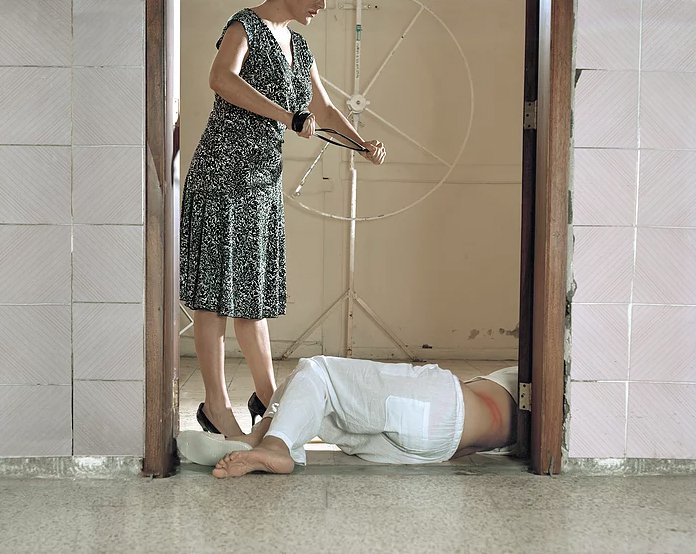
Deeply Catholic by nature, anti-gay attitudes persist in some sections of society.
The activist group Fundación Causana began a petition in 2011 calling on the Ecuadorian government to close down what it identified as over 200 gay conversion clinics.
One woman, Paola Ziritti, was held in confinement in such a clinic for two years. After her eventual release, she spoke about her ordeal, saying, ‘I spent two years in one such facility and for three months was shackled in handcuffs while guards threw water and urine on me.’
The petition led to 27 clinics being closed, but the organization says over 200 centers remain.
‘Homosexuality remains a taboo subject’
Paredes has been moved by the international reaction to her latest project, and has now teamed up with Causana and another organization, Sinergia Lab, on a crowfunding campaign to try and raise money to close more clinics.
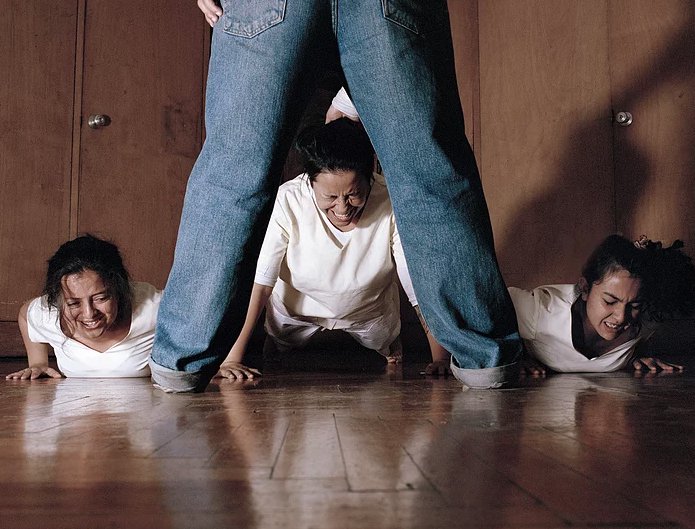
‘After three years of research, I have come to the conclusion that homosexuality remains a taboo subject,’ says Paredes.
‘A significant part of Ecuador’s population does not speak openly about it. If they do, it is with a sense of shame, mockery and abnormality. This prevents society from becoming tolerant and accepting of the LGBTI population.
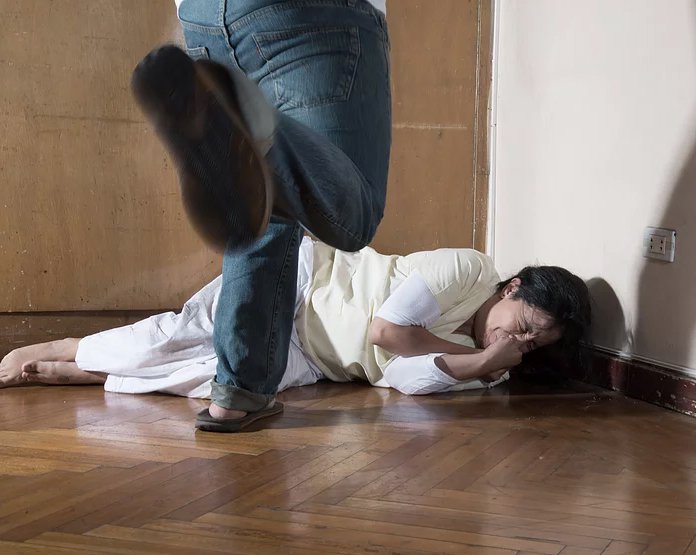
‘The only way to address this issue and eradicate the existence of these clinics is through a massive educational campaign.’
She hopes the crowdfunder will finance a campaign of education.
‘We want to talk to people about homosexuality and about human rights. Our goal is to reach schools, universities, small towns and more.’
‘It has been very overwhelming. I can’t even count how many times the images have been published. It’s been everywhere and very important news outlets around the world. I’m very humbled and grateful this cause is getting so much attention.
‘Because of this media attention, we felt the need to take action, which is the reason for this campaign. We want to take advantage of this momentum and really do something for the cause.’
‘Forced to wear makeup’
On her own relationship with her family now, Paredes said they are supportive of her: ‘My dad has had a little more of a slow process of acceptance. I think he’s still dealing with the fact that I’m gay but I think he’s slowly getting there.
‘But other than that, they’ve been amazing. My mom is super supportive, and they have been super supportive of this project.’
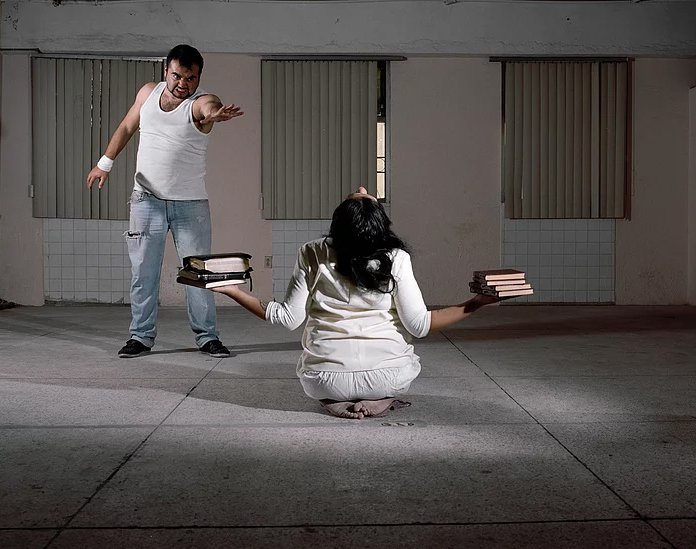
In fact, their support extended to helping Parendes with her research.
Deciding she needed to visit these clinics to get a feeling for them, she and her parents went to one, posing as prospective clients. Parendes wore a microphone in her bra.
‘Honestly, I was terrified: sweating profusely and shaking a bit the whole time,’ Parendes told Huck magazine.
‘What shocked me the most was when I saw the girls,” says Paola. “They had been forced to wear makeup and my informants had described it perfectly: bright red lips, pink cheeks and blue eye-shadow.’
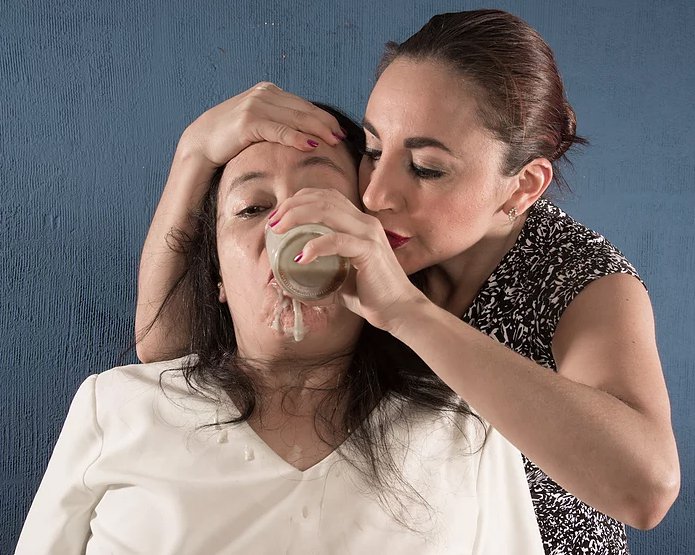
All images © Paolo Paredes. Click here for more details on her crowdfunder campaign.


